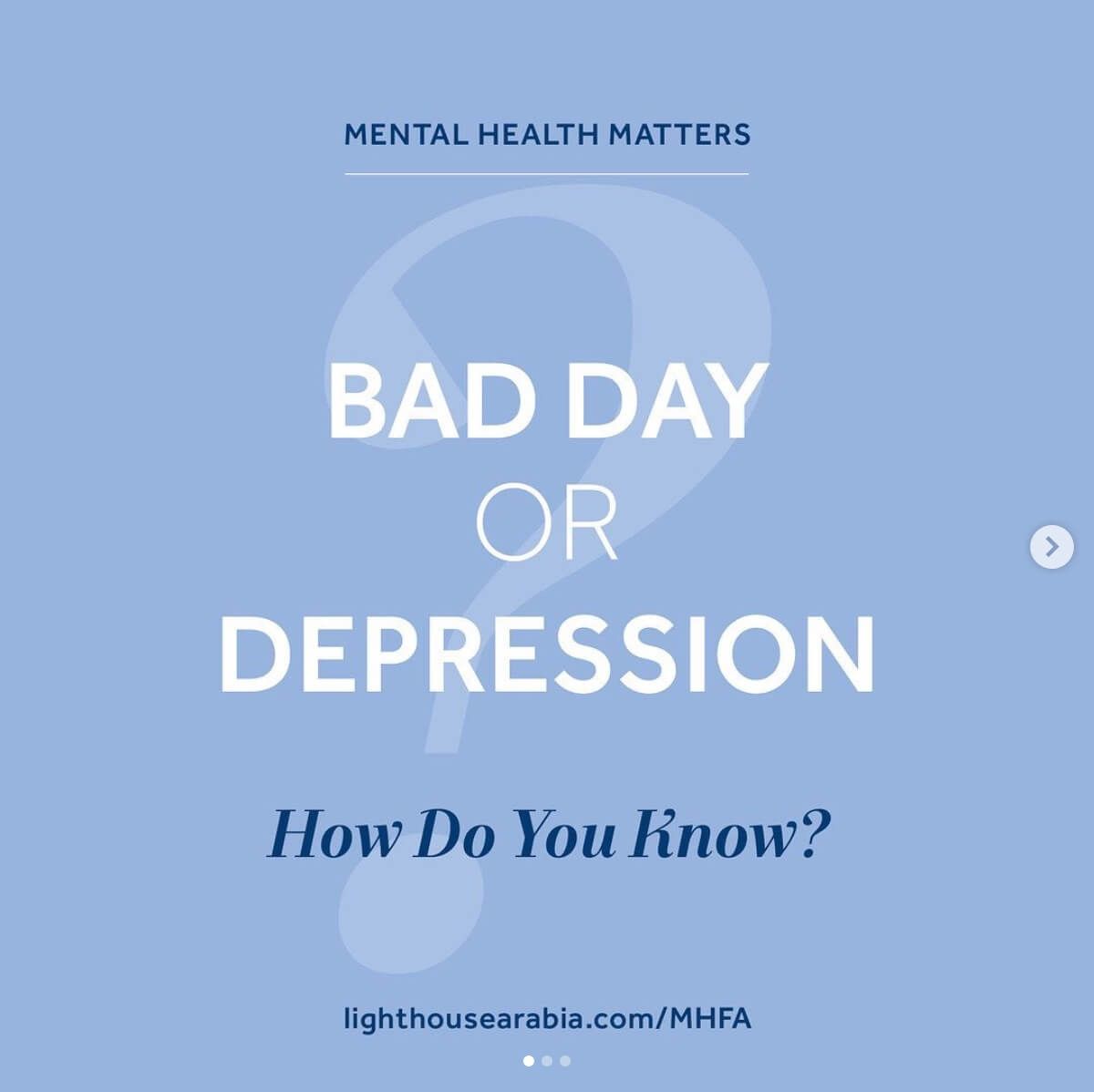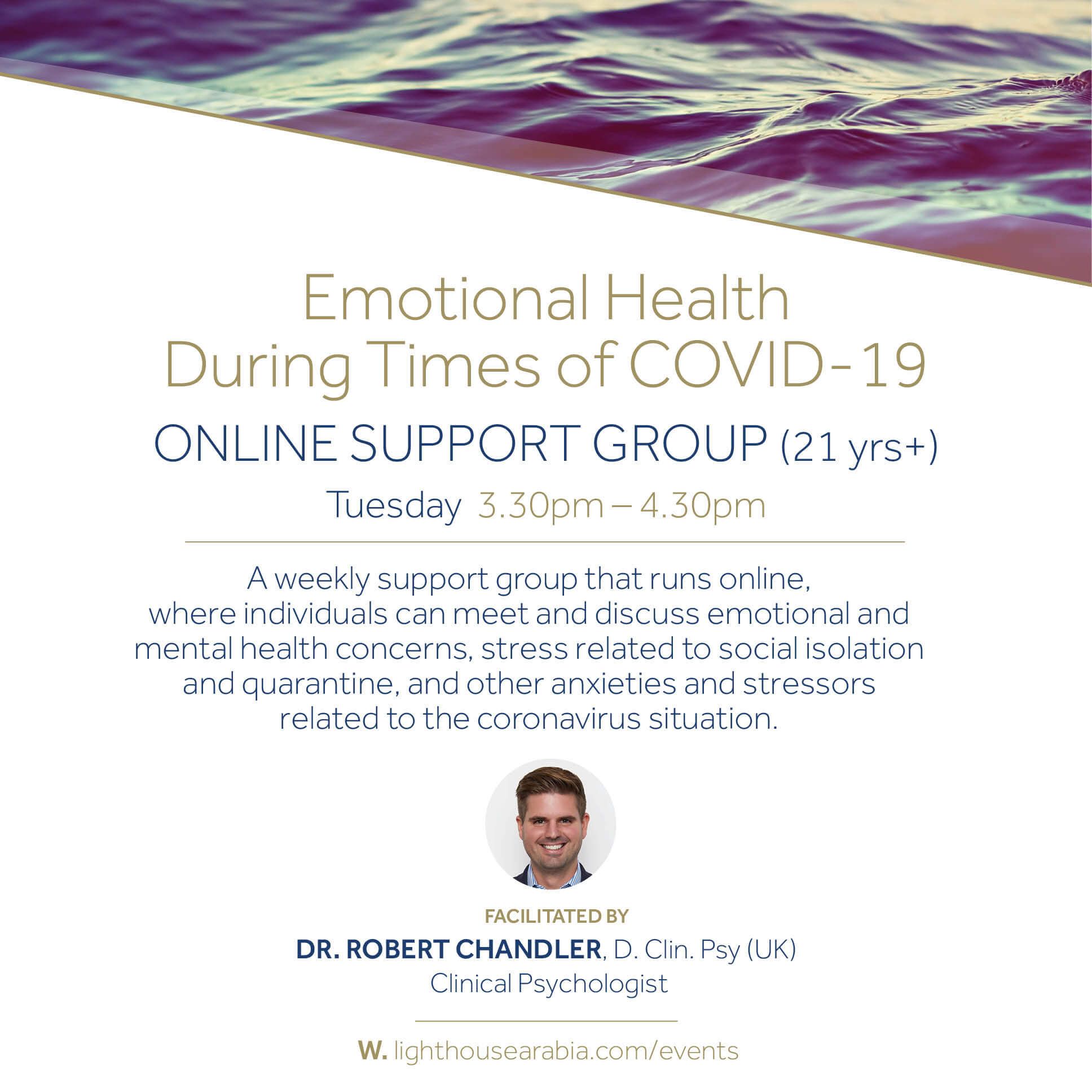
When we return to work after a loss, it can be quite a jarring experience, says Dr Ottilia Brown
Grief affects our entire system, and working through grief is just that – work. Returning to work after a loss can be daunting as symptoms of grief, including fatigue and struggling to remember things, can severely impact a person’s ability to do their job.
When we lose a loved one our entire human system responds. The body may have a range of symptoms like fatigue, body pain, headaches, digestive issues, and dizziness. The mind may struggle to focus and concentrate, to remember, to be organised.
There can be a range of emotions, and often a combination of emotions that can be confusing and overwhelming. These emotions can include guilt, regret, sadness, anger, irritability, frustration, and longing.
The person experiencing the loss may also start behaving differently. They may experience changes in sleeping and eating behaviours, become socially withdrawn or outgoing when previously they were the opposite, be snappy and so on. Spiritually, people may feel more religious or, may start doubting their beliefs and questioning the meaning and purpose of life.
Grief is a complex and unique process that is quite messy and unpredictable. The pain of the loss often becomes more bearable and manageable with time, given that we do the work to cope with the grief.
Grieving is work. People that are grieving often talk of how exhausted they are physically and emotionally. There is a sense of feeling uprooted and untethered.
When we return to work after a loss, it can be quite a jarring experience. On the one hand the predictable routine and need to focus on something other than our pain for parts of the day can be grounding.
On the other hand, the audacity of the world to keep going like nothing happened can be amplified. Furthermore, some of the ways in which grief manifests like concentration, memory difficulties and fatigue can affect our performance initially and leave us feeling less capable and frustrated.
If colleagues and managers do not understand how grief works, we may also have to contend with inappropriate responses to our grief. Coworkers may decide a person has had enough time to move on and needs to snap out of it, or that the person who has passed is now better off and it is dishonouring them to be sad, or that it was God’s will.
In truth none of these statements are helpful and merely aggravate feelings of loneliness and being misunderstood, which is common among the grieving.
Returning to work
When going back to the office:
Have realistic expectations of yourself. Understand that grief is an unpredictable process and that there will be good moments and hard moments, and on some days the latter will outweigh the former, especially in the beginning and around key anniversaries and special holidays.
Have your feelings. When we do not feel our grief, it finds other ways to present itself to us. This could manifest as physical health issues, depression, anxiety, panic attacks, and so forth.
When we honour our grief and feel the myriad of emotions that come up for us, we facilitate the healing process. This is very hard to do because the pain is so excruciating. Yet it is the only way to move forward.
Have healthy outlets for your emotions. This could be crying, writing in a journal, screaming into a pillow, talking to a loved one, joining a grief support group, psychotherapy, prayer, or meditation.
Basically any process or behaviour that is healthy and allows you to express the plethora of emotions that will come up if you allow them to is a helpful outlet. This part is really important because it offers a release (albeit temporary initially) and increases your willingness to have your emotions.
Get reacquainted with yourself. Have an awareness that you cannot necessarily go back to pre-loss productivity levels immediately and that you may not even recognise yourself initially. Loss and grief changes one, and there may be a period of feeling disconnected from the self before the loss Those around us also need to adjust to who we are now and may find it difficult to comprehend the differences.
Managers and colleagues also have a role to play in helping those who are grieving.
When working alongside someone who is grieving:
Educate yourself about grief. Understand that grief does not neatly cycle through stages until one gets over it. It rather requires the bereaved to find a way to live with and adjust to a life without the loved one they have lost while processing complex emotions in relation to the loss.
Provide support. When initially informed that there has been a loss, reach out with a message of support and an action plan on how to assist with work and any other matters in the immediate time following the loss.
When the bereaved returns to work, acknowledge the loss and enquire about how work can support and assist the bereaved as they adjust to work and life. Be mindful of what is said. Helpful things to say include:
“I’m sad to hear (name of deceased) died.”
“I cannot imagine how hard this must be for you.”
“Please let us know how best we can support you during this difficult time.”
“I don’t know what to do/say, but please know I am here if you need support at work.”
Avoid comparing grief processes. Be patient. Telling the bereaved how quickly or slowly someone else is doing their grief work is not helpful. The former can leave the person feeling like they are not grieving correctly and quickly enough, and the latter could invoke guilt and a feeling that the bereaved should be spending more time in grief.
The best one can do is ask the bereaved how they would like to be supported and show kindness and awareness that they are going through an incredibly painful time.
This article was originally published in Arabian Business .








